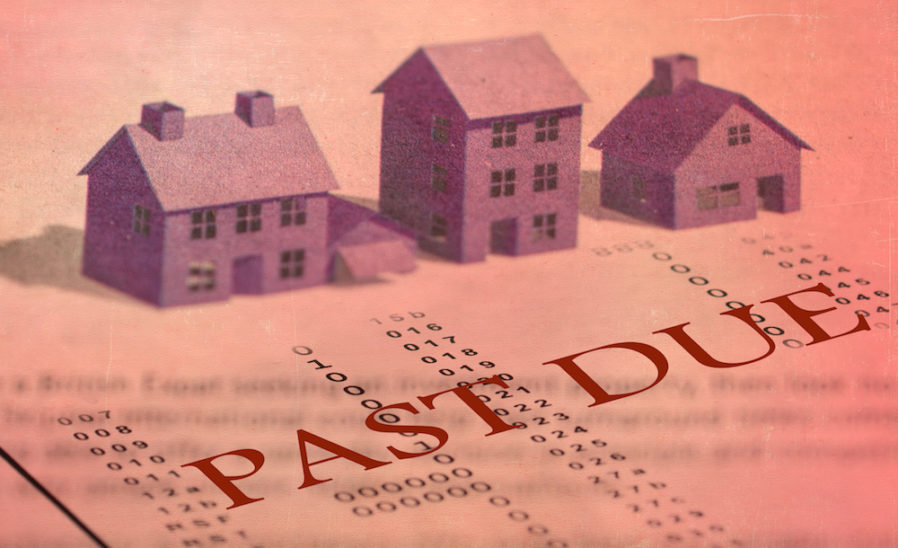Why Your Mortgage Payments Change

Your mortgage payment is probably the largest one in your monthly budget, and you assume it will be the same amount for the next 30 years. That may not always be the case, however, and that depends on a few factors. Be prepared for changes, and understand those changes:
-
If you paid less than a 20% down payment, you are required to have Mortgage Insurance with FHA and USDA loans, while Private Mortgage Insurance is required with other lenders. In some cases,, these can be removed, and your mortgage payment will reflect the change.
-
An Adjustable Rate Mortgage (ARM) has a set interest rate for a certain amount of time, and after that time is up, the interest rate will vary. When the rates change, your payments will, too. Learn more about ARMs from Investopedia.
-
Changes in escrow are almost unavoidable. What is escrow? The Consumer Financial Protection Bureau’s definition: “An escrow account...is set up by your mortgage lender to pay certain property-related expenses.” When property taxes or insurance premiums increase, your current payments won’t reflect that change, and that results in an escrow shortage. The shorted amount will be added to your loan payment, plus the new amount for adjusted increases. To avoid paying extra every month for the shortage, pay the amount in full as soon as you receive your annual escrow statement.
-
What if you don’t have an escrow account on your mortgage, and you don’t pay your property taxes? Lenders don’t want to foreclose on a home because of delinquent property taxes. To protect their money, they can add the amount to your current loan payment or open an escrow account for your loan.
-
Homeowners insurance is a requirement when you have a loan on the home. If yours lapses, or you don’t have enough insurance on the house, lenders have the right to purchase a policy, called “forced-place insurance.” They will send you the bill for the premium, which is probably more expensive than your current payment.
While escrow accounts aren’t always a requirement, it would benefit your budget to request one when you are applying for the mortgage. Keep an eye on your insurance information as well as your property taxes so you won’t be surprised when your monthly payment increases. Having an emergency savings account can help ease any of these burdens.
Courtesy of New Castle County DE Realtors Tucker Robbins and Carol Arnott Robbins.
Photo credit: interest.com






